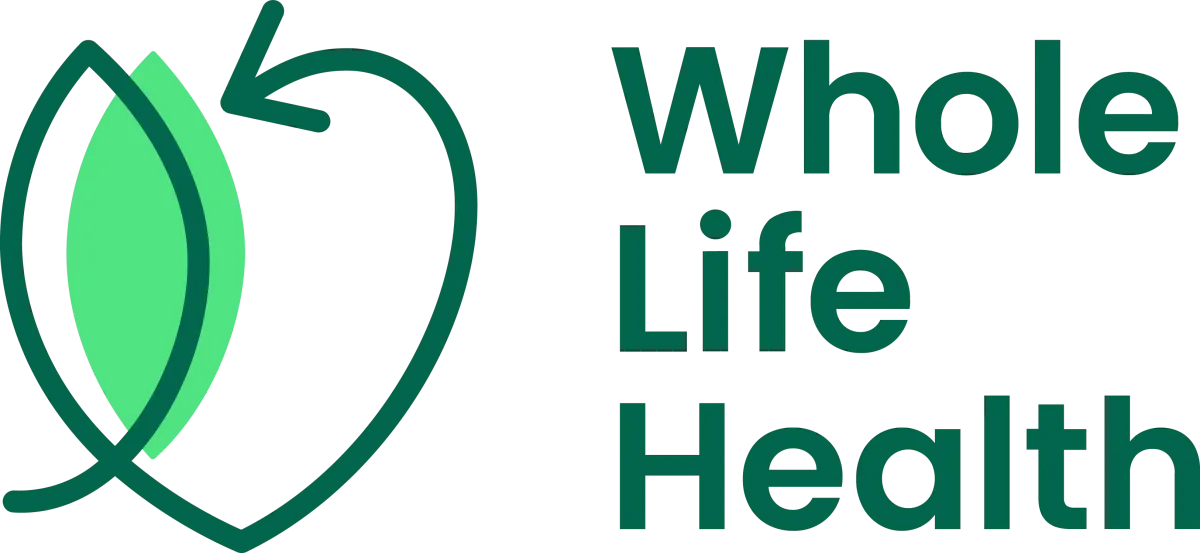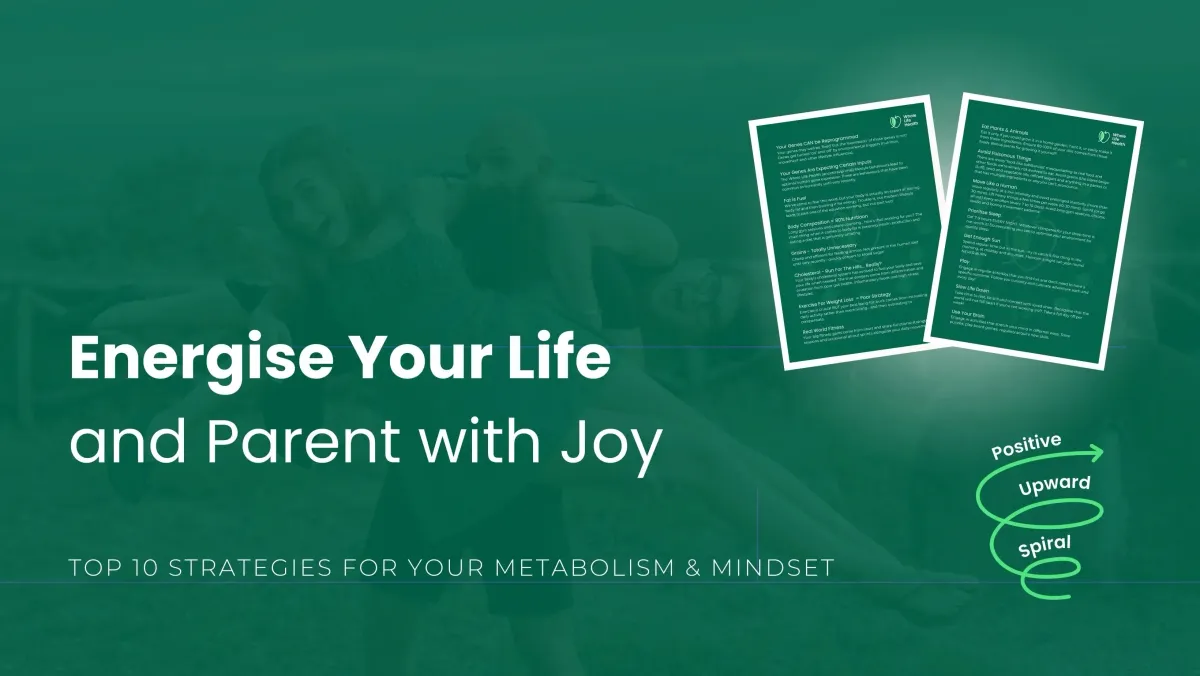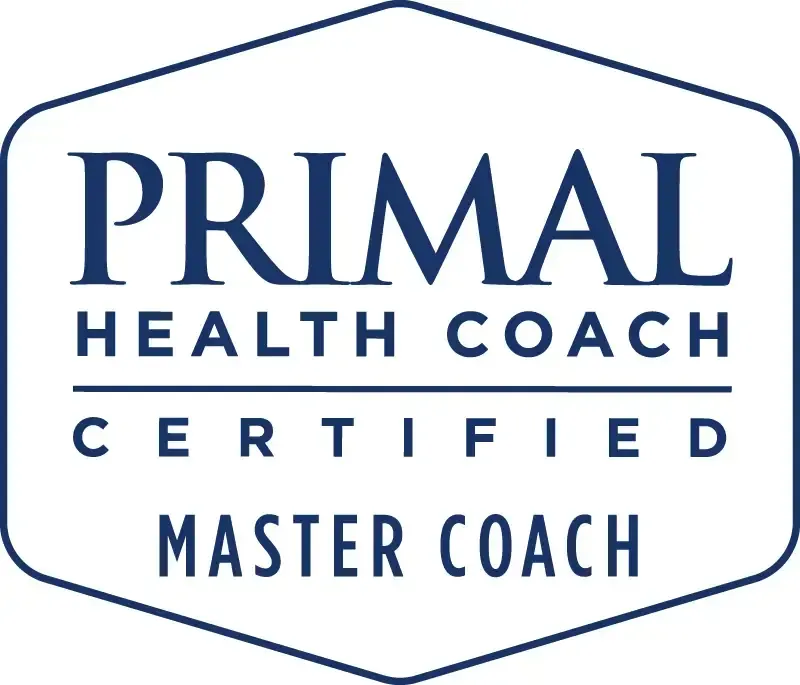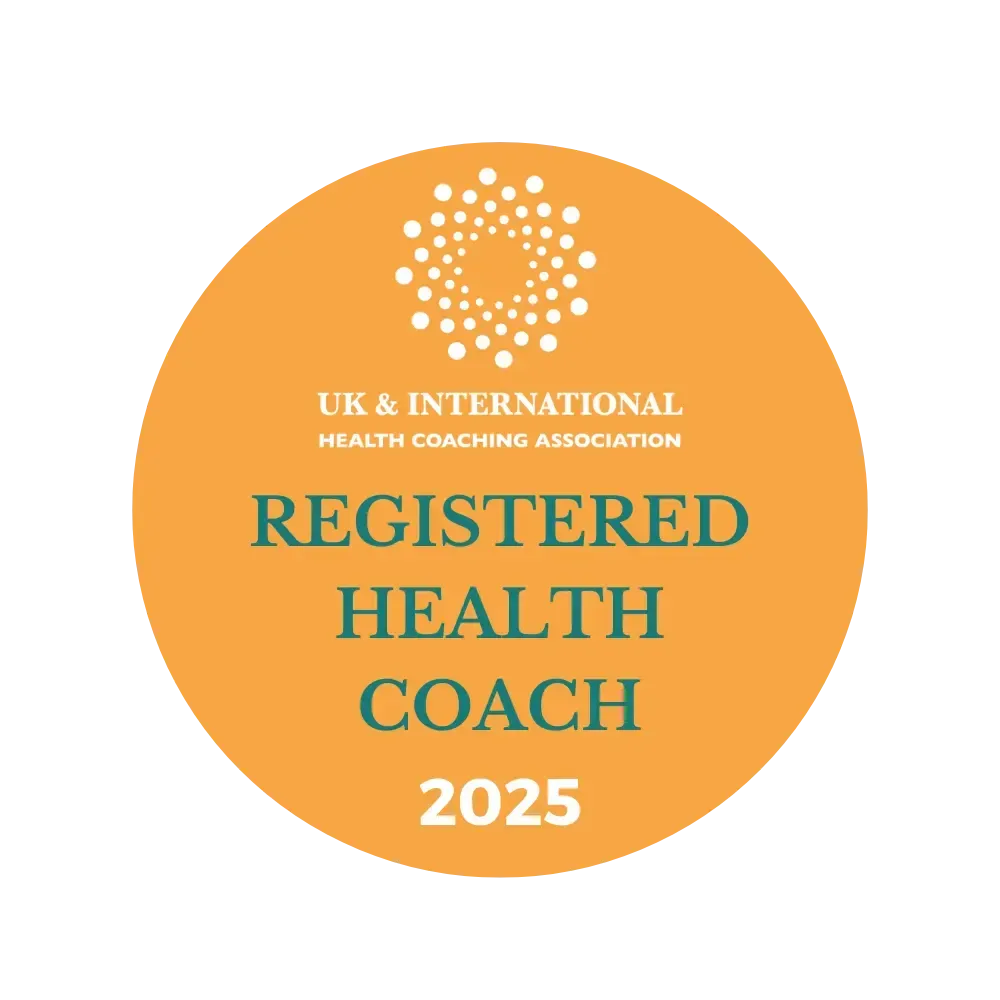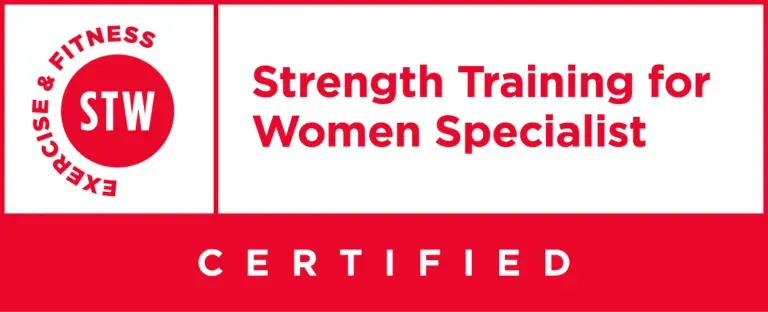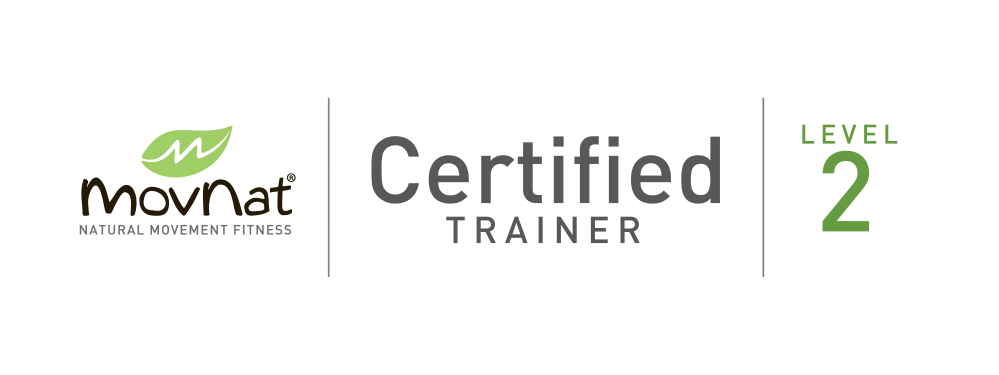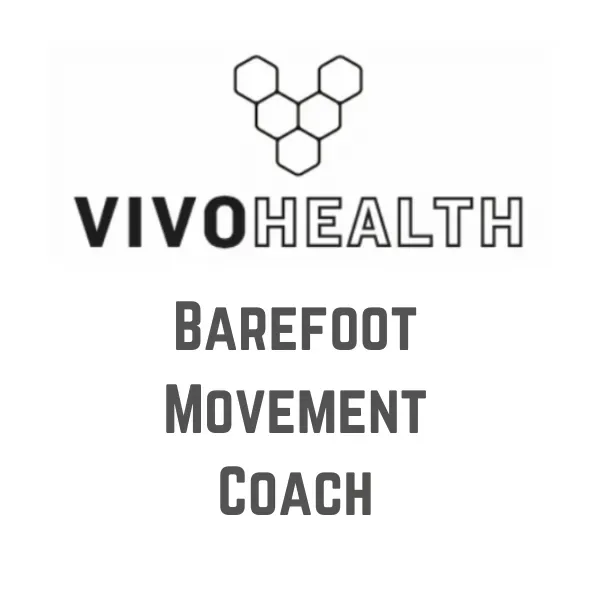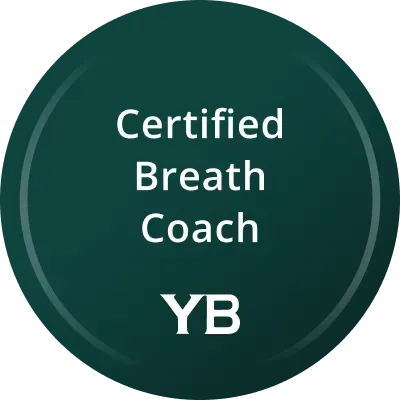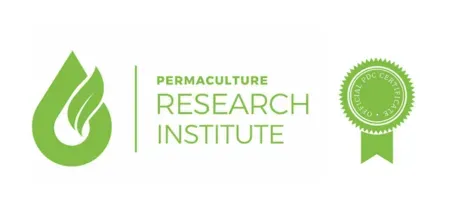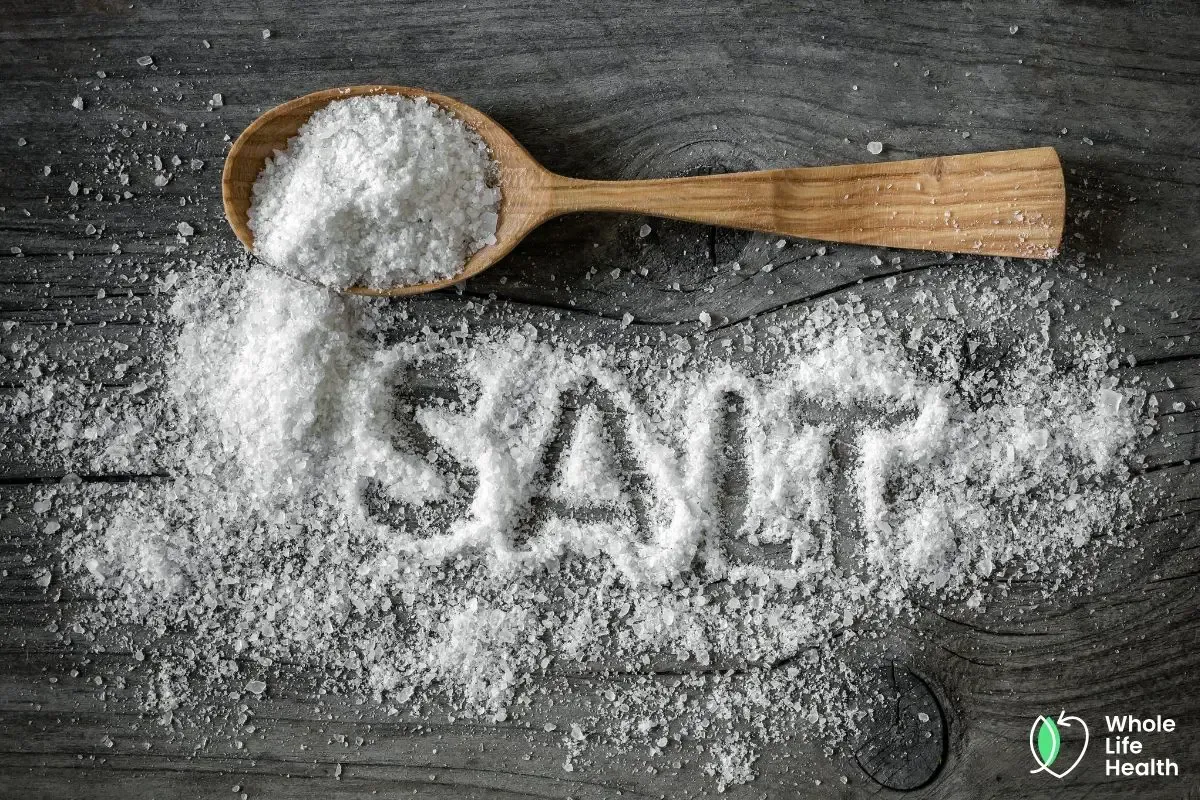
Why You Probably Need More Salt (Especially If You’re Tired, Craving, or Low-Carb)
The Hidden Nutrient Busy Parents Are Missing
You’re doing your best—eating better, moving more, keeping the family fed and functioning.
But despite your whole food choices, you feel:
Like you're craving weird snacks after dinner
Wired but tired
Light-headed when you stand up too fast
Weirdly flat during workouts
Like you “crash” mid-afternoon even if you ate well
Before you blame carbs, caffeine, or kids... let’s talk about salt.
Isn’t Salt Supposed to Be Bad for You?
That depends on who you ask—and how much processed food you eat.
Mainstream guidelines still carry over from an era when salt was villainised for high blood pressure. But here’s the thing: most of the research that links salt to health problems was based on people eating ultra-processed, high-refined-carb diets. Not human-aligned, home-cooked meals. Not food-savvy parents trying to do right by their families.
If you’ve ditched the supermarket junk and are now eating:
Proper protein
Loads of colourful veg
Limited or no grains
Real food the way your great-grandparents would recognise...
Then chances are, you need to add salt back in. Especially if you’re active or under stress (if you're not 100% that your not under stress... you are under stress!).
What Salt Actually Does (That Nobody Told You)
Salt (or more specifically, sodium) is crucial for:
Energy production and cellular function
Nervous system regulation (think focus, calm, clarity)
Muscle contraction and strength
Hydration balance — you can’t hold onto water without it
Stress hormone regulation, including cortisol
In fact, when sodium intake is too low:
Cortisol rises to compensate
Cravings increase (especially for carbs)
Blood volume drops → tiredness, headaches, and dizziness
Workouts feel flat or “off”
You feel emotionally frayed and overstimulated
Low sodium can look a lot like burnout.
Sodium + Stress + Low-Carb = Triple Whammy
Here’s where it gets real:
If you’re doing low-carb (or even just lower-than-average carb), your insulin levels drop. That’s great for fat metabolism. But insulin also helps the kidneys retain sodium. Without it, you excrete more salt... and along with it, more water and key minerals like magnesium and potassium.
Now add parenting stress, workouts, and a warmer season — and you’ve got a perfect storm for electrolyte depletion.
Signs You Might Need More Salt
Feeling sluggish despite sleeping okay
Salt cravings (especially at night)
Getting dizzy when you stand up
Brain fog mid-morning
You can’t seem to hydrate properly, no matter how much water you drink
You’re eating clean, but still feel “off” or moody
How to Reintroduce Salt (Without Fear)
✅ Add salt to meals on purpose
Not just “to taste.” Use coarse sea salt or mineral salt and don’t be shy—especially with protein and veg.
✅ Start your day with a salty mineral drink
Try a pinch of sea salt and a squeeze of lemon in water first thing. It supports cortisol’s natural rise and stabilises morning energy.
✅ Take electrolytes or make your own blend
Try something like Hunter & Gather electrolytes for a tasty salt hit or shoot me a message for my DIY recipe!
✅ Salt around movement, not just after
If you’re doing breathwork, strength training, a hike with the kids—salt beforehand, and even during, can prevent that post-exertion crash.
But What About Blood Pressure?
For most healthy people eating a nutrient-dense, unprocessed diet, moderate salt intake is not harmful⁽¹⁾. In fact, studies show that salt restriction can sometimes raise cortisol and sympathetic nervous system activity⁽²⁾—not ideal when you’re trying to stay calm and functional.
Of course, if you have a medical condition, talk to your GP. But for many busy, health-minded parents, salt isn’t the enemy—it’s a missing piece.
Whole Life Health Wisdom for Salty Parents
You don’t need a supplement stack or a biohacker kitchen. Just this:
Eat real food
Honour your stress levels
Move in ways that feel good
Salt your food intentionally
Rest without guilt
Ask for help (it’s how you're wired as a human)
And if you’re feeling flat, overwhelmed, or like your body’s not responding how it should—don’t just cut more. Don’t restrict more. Sometimes, the answer is to replenish more.
Want help figuring out how to fuel your family and feel better doing it?
Book a free call and let’s map out a simple, ancestral-aligned plan that supports energy, hormones, and headspace—without fads or overwhelm.
References
¹ DiNicolantonio, J., & Lucan, S. (2014). The wrong white crystals: not salt but sugar as aetiological in hypertension and cardiometabolic disease. Open Heart.
² Graudal, N., et al. (2011). Compared with usual sodium intake, low- and excessive-sodium diets are associated with increased mortality: a meta-analysis. American Journal of Hypertension.
